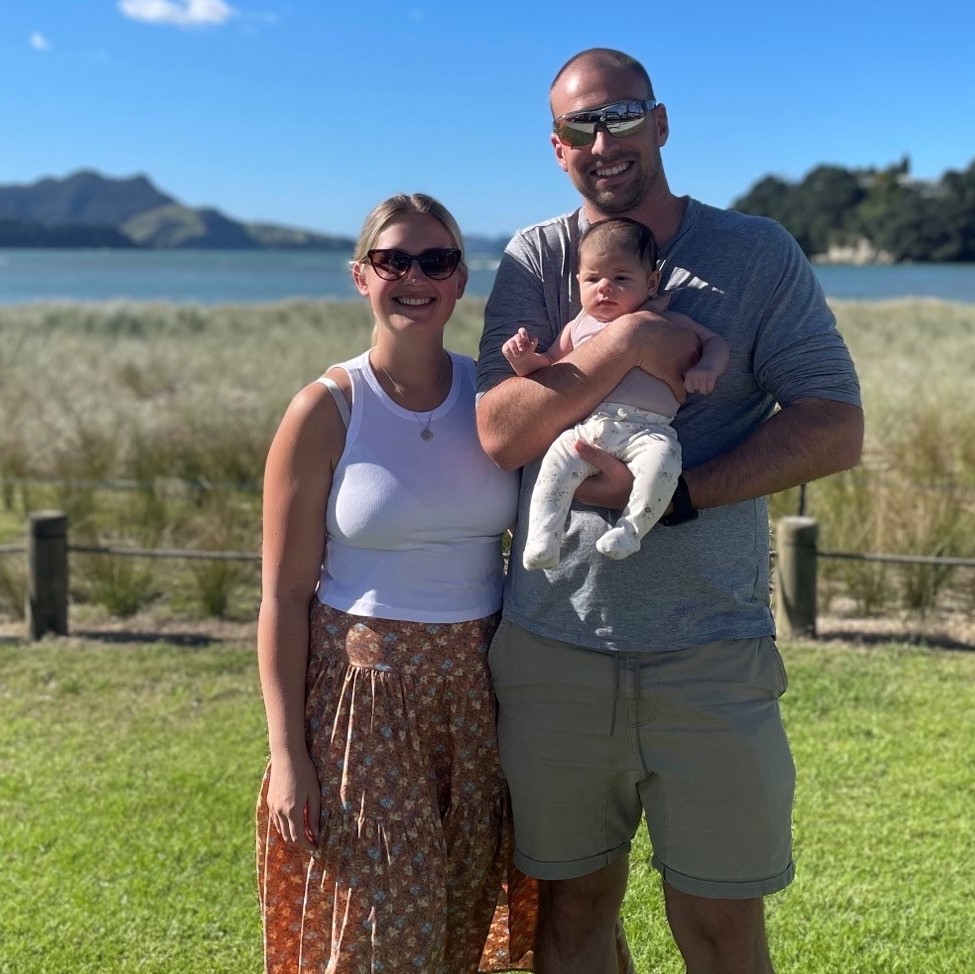What Happens if You Have Rh (Rhesus Factor) Incompatibility?
What is it?
A condition that only develops if you have a Rh-negative blood type and your baby has a Rh-positive blood type.
What causes it?
Rh factor is a protein found on the outside of red blood cells (negative means the protein isn’t present, positive means it is).
Your baby’s blood cells can pass into your bloodstream and as an immune response, your body will create antibodies, seeing the baby’s blood as a foreign substance.
Symptoms
This condition doesn’t present any symptoms for the pregnant person but can harm the baby.
The pregnant person’s antibodies can cross back through the placenta to the baby and attack their red blood cells, resulting in a condition called haemolytic anaemia. This is where antibodies destroy red blood cells faster than the body can replace them. As red blood cells are essential for carrying oxygen around the body, this condition can be fatal.
How is it diagnosed?
Your first blood screen will test for your Rh to detect whether you have a positive or negative blood group.
If you are Rh-negative, your baby’s father may need to be tested for his Rh to determine whether your baby has a chance of being Rh-positive. If your baby’s father is Rh-positive, further testing may be offered to diagnose or rule out the condition.
Treatment
Rh immune globulin is the medication given to pregnant people with Rh incompatibility. It works by stopping your blood cells from reacting to your baby’s blood cells and preventing your body from creating antibodies.
It is typically given in the seventh month of pregnancy and again 72 hours after birth. Some people may require an additional dose of the medication.
What does this mean for my pregnancy?
If your baby has haemolytic anaemia and it is severe, you may be induced to deliver the baby early.
After birth, your baby may have jaundice or be anaemic (low iron levels). Treatment may include phototherapy for jaundice or admission to the Neonatal Intensive Care Unit (NICU) for fluids or supplemental feeds. Occasionally, babies with severe anaemia require a blood transfusion.



